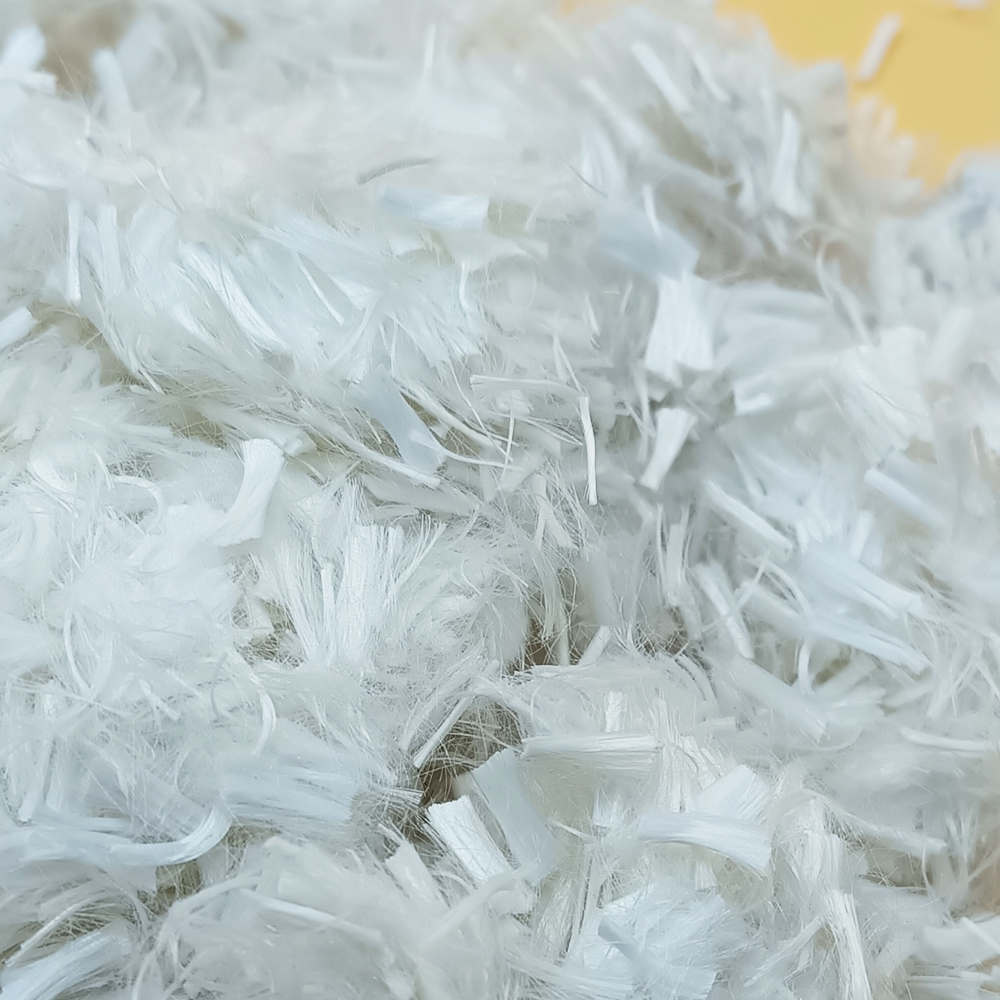Table of Contents
Benefits of Using Polymer Fibers in Bitumen for Traffic Safety Engineering
Polymer fibers have become an essential component in the field of traffic safety engineering, particularly in the construction of roads and highways. These fibers, when added to bitumen, offer a wide range of benefits that enhance the durability and performance of road surfaces. In this article, we will explore the advantages of using polymer fibers in bitumen for traffic safety engineering.
One of the primary benefits of incorporating polymer fibers into bitumen is the improvement in the overall strength and stability of the road surface. The fibers act as a reinforcement agent, helping to prevent cracking and rutting caused by heavy traffic loads and environmental factors. This increased strength and stability result in a longer lifespan for the road, reducing the need for frequent repairs and maintenance.

In addition to enhancing the structural integrity of the road, polymer fibers also improve the resistance of the bitumen to fatigue and thermal cracking. These types of cracks are common in asphalt pavements, especially in regions with extreme temperature fluctuations. By adding polymer fibers to the bitumen, the road surface becomes more flexible and better able to withstand the stresses and strains placed upon it.
Furthermore, polymer fibers help to reduce the occurrence of reflective cracking, which occurs when cracks in the underlying pavement surface are transferred to the new overlay. This type of cracking can compromise the integrity of the road and Lead to costly repairs. By using polymer fibers in bitumen, the likelihood of reflective cracking is significantly reduced, resulting in a smoother and more durable road surface.
Another advantage of using polymer fibers in bitumen for traffic safety engineering is the improvement in skid resistance. The fibers create a rougher surface texture, which enhances the grip between vehicle tires and the road. This increased skid resistance helps to reduce the risk of accidents caused by slippery road conditions, particularly during wet weather.
Moreover, polymer fibers can also contribute to the sustainability of road construction projects. By extending the lifespan of the road surface and reducing the need for frequent repairs, the use of polymer fibers in bitumen can help to conserve natural resources and reduce the environmental impact of road maintenance activities. This aligns with the growing trend towards sustainable infrastructure development and construction practices.
| Number | Article Name |
| 1 | Road-Grade Polyester Fiber for roadways |
In conclusion, the benefits of using polymer fibers in bitumen for traffic safety engineering are numerous and significant. From improving the strength and stability of the road surface to enhancing resistance to cracking and increasing skid resistance, polymer fibers play a crucial role in ensuring the longevity and performance of roadways. Additionally, the use of polymer fibers can contribute to the sustainability of road construction projects, making them a valuable investment for transportation agencies and road authorities. By incorporating polymer fibers into bitumen, we can create safer, more durable, and environmentally friendly road surfaces that benefit both drivers and the Environment.

